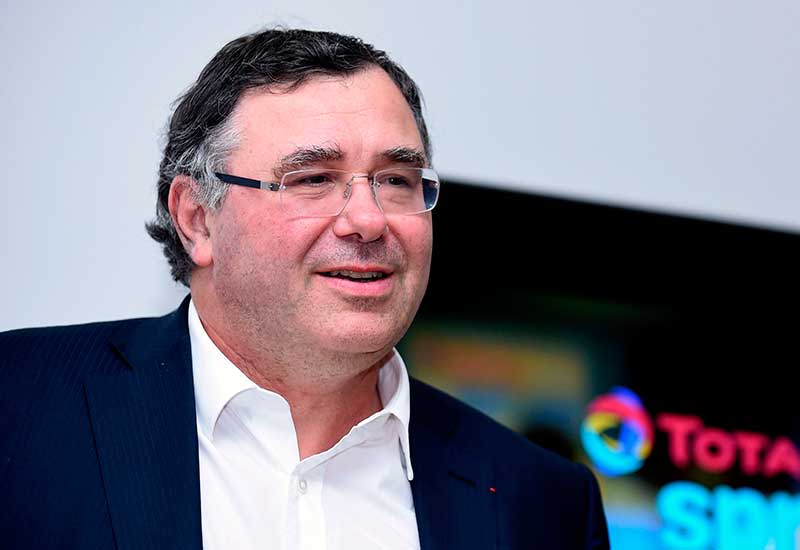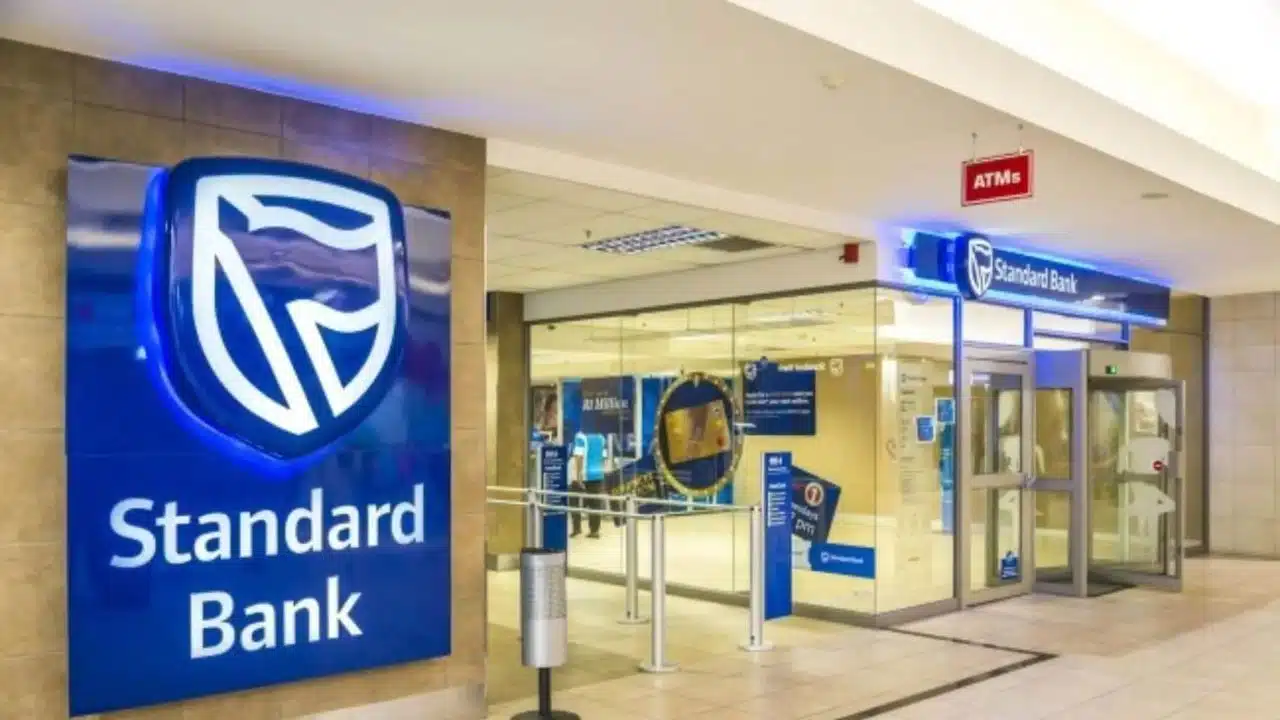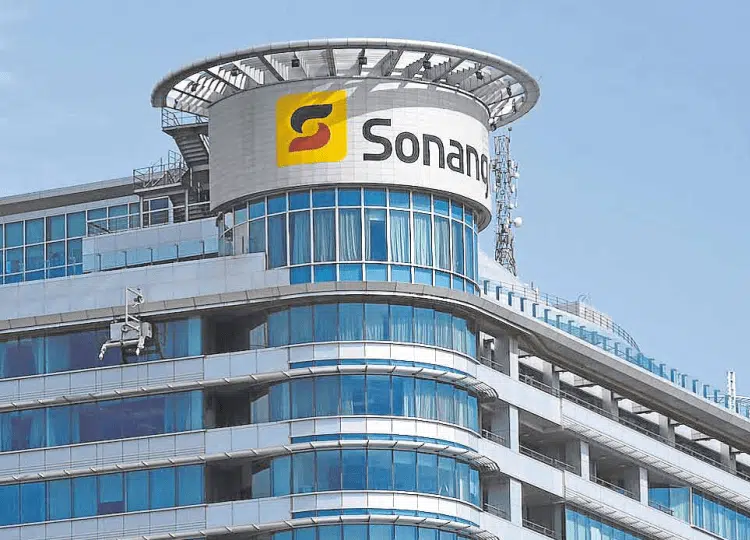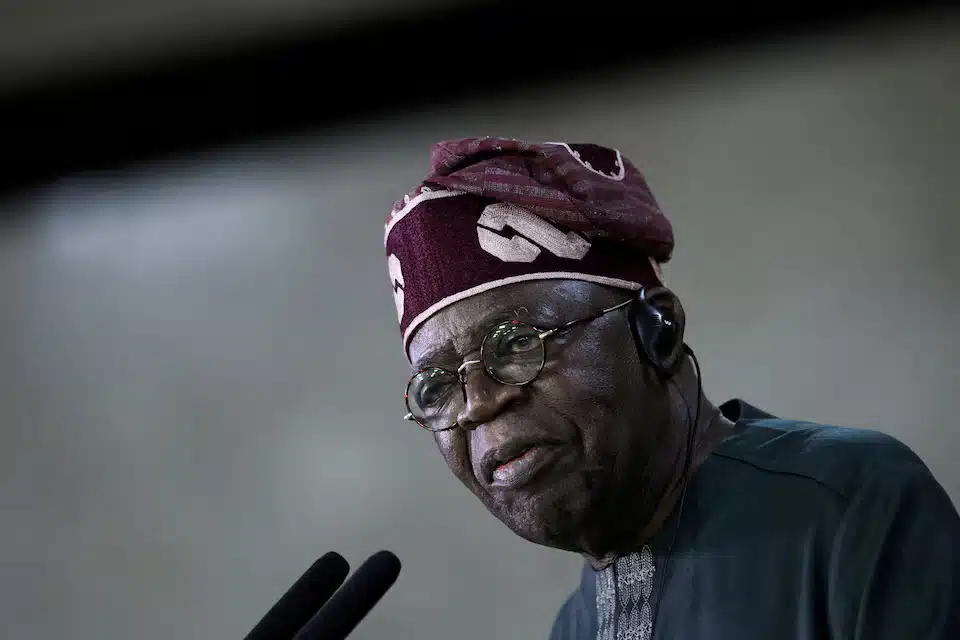French oil major TotalEnergies and its partners have officially lifted the force majeure on the long-delayed Mozambique LNG project, marking a major step toward reviving one of Africa’s largest energy investments.
The force majeure, first declared in April 2021 after Islamist militants attacked the nearby town of Palma in northern Mozambique’s Cabo Delgado province, had brought construction on the $20 billion project to a complete standstill.
According to a TotalEnergies press officer, a formal notice was sent to the Mozambican government on Friday, signaling the company’s readiness to resume work after a four-year pause.
Government approval still required
Despite lifting the suspension, TotalEnergies said the project will not immediately restart.
A full relaunch depends on the Mozambique Council of Ministers’ approval of an updated development plan, which includes a revised budget and schedule.
“Before fully relaunching the project, Mozambique’s council of ministers needs to approve an addendum to the plan of development,” the company stated.
Once resumed, the 13 million metric ton per year LNG project is expected to start production by 2029, nearly five years later than the original timeline.
Project costs rise sharply
Meanwhile, the four-year disruption, coupled with heightened security expenses, has significantly inflated costs.
Indian shareholder Bharat Petroleum (BPCL) estimated last year that the total cost has risen by at least $4 billion, bringing the project’s new price tag to roughly $24 billion.
Shareholders—including TotalEnergies, BPCL, Japan’s Mitsui, and Mozambique’s state energy company ENH—have been in talks with the government to determine how these additional costs will be shared.
Long-term contracts secure market
Nearly 90% of the LNG output has already been committed under long-term sales contracts, according to TotalEnergies. Buyers include China’s CNOOC, France’s EDF, and Shell (SHEL.L), ensuring the project has a strong commercial foundation once operations begin.
A share of the gas will also be reserved for domestic use through Mozambique’s state energy company ENH, supporting the country’s plans to expand power generation and local industrial capacity.
Regional implications and security outlook
The resumption of the Mozambique LNG project is expected to revive investor confidence in the country’s gas sector, which had been overshadowed by security concerns in the Cabo Delgado region.
TotalEnergies had earlier initiated a “human rights and security review” led by former EU commissioner Jean-Christophe Rufin, to assess safety conditions for workers and residents.
The company insists that security in the region has improved considerably, thanks to joint efforts by Mozambican forces, Rwandan troops, and the Southern African Development Community (SADC).
Still, analysts warn that the restart will test Mozambique’s ability to sustain long-term stability and governance in an area plagued by insurgency since 2017
The bigger picture
Mozambique’s offshore gas discoveries—among the largest in sub-Saharan Africa—have attracted global energy giants like ENI and ExxonMobil, who are also developing nearby projects.
Together, these developments could turn Mozambique into one of the world’s top LNG exporters over the next decade.
The lifting of force majeure is not just a corporate milestone for TotalEnergies, but also a critical moment for Mozambique’s economic future—one that could transform the country’s fiscal landscape if managed with stability and transparency.







